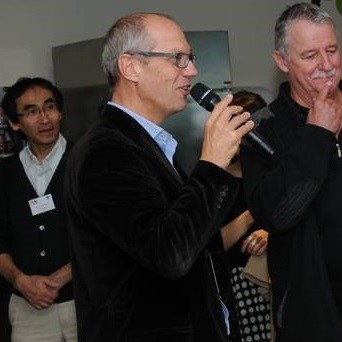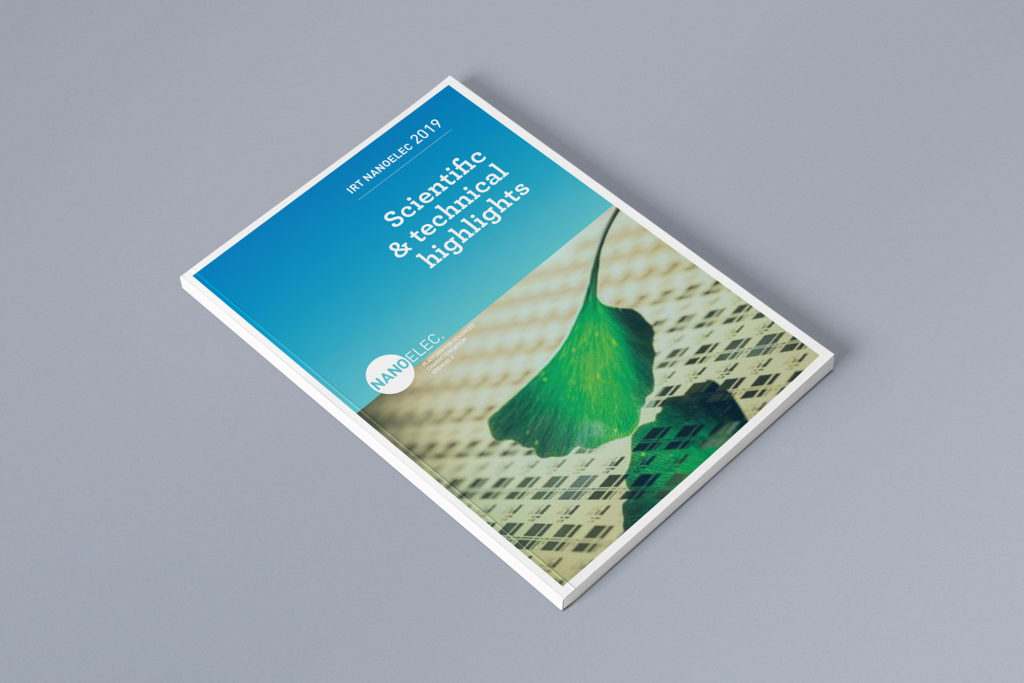(From our “Scientific & Technical Highlights”, ed. 2020)

Instruments Characterisation Program
Radiations from space are known for many years to impact the behavior and reliability of spacecraft electronics. More recently, the
dissemination of sophisticated electronic devices have lead aeronautic and computer data storage industries to take into account the effects of ionizing radiation on systems reliability. Indeed, IC’s may be sensitive to the space background radiation even at the ground level. It turns out that automotive industry is also now becoming aware of this new constraint.
Vehicles use more and more electronic parts while complexity of their digital architecture increase dramatically. That goes hand in hand
with the increasing reliability constraints. The ongoing development toward autonomous vehicle strengthen such a trend. Businesses in computer centers, internet of things (IoT) and medical equipment and
implants are following the same trend. More generally, industrial sectors combining advanced electronics, production volumes and reliability requirements will have to consider the radiation sensitivity of components in their new designs.
On the other hand, the increasing complexity of electronic components and technologies, as well as the diversification of materials and manufacturing processes in the More-thanMoore approach requires characterisation
that exceeds the performance of standard laboratory equipment. The need to correlate accurately micro- and nano-metric characteristics of materials to macroscopic properties of components translates into a need for gains
in spatial resolution, detection capacity and acquisition speed.
To provide an efficient answer to these raising challenges, the Nanoelec characterisation program set unprecedented initiatives linking micro/nanoelectronics R&D with the large scale research infrastructures of the Grenoble ecosystem which are among the best in the world (European neutron source ILL, European synchrotron source ESRF, CNRS-LPSC laboratory).
With unmatched performance in micro/nanoelectronic characterisations, the services developed by the program are now available to industry thanks to the Platform for Advanced Characterisation – Grenoble (PAC-G). To face
radiation background challenges for systems safety, the program is initiating a center of excellence in radiation testing which will target
a large panel of high-tech industrial sectors.





